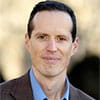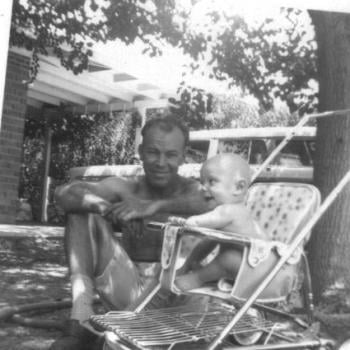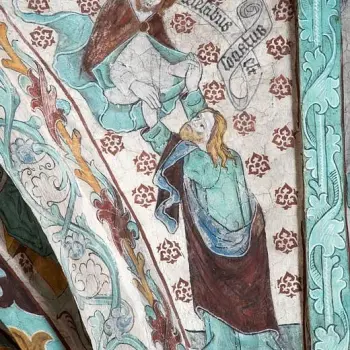 The recent events in Egypt, followed by protests in places like Bahrain, Yemen, Libya, and (even) Wisconsin, have raised questions about what freedom looks like in our age. I'm fascinated, for example, by the suggestion that social media sites like Facebook have contributed to regime change in Egypt. Can it be the case that the very nature and extent of government will change if people can reach wide audiences and build virtual coalitions? Will the internet permanently change ancient notions of power?
The recent events in Egypt, followed by protests in places like Bahrain, Yemen, Libya, and (even) Wisconsin, have raised questions about what freedom looks like in our age. I'm fascinated, for example, by the suggestion that social media sites like Facebook have contributed to regime change in Egypt. Can it be the case that the very nature and extent of government will change if people can reach wide audiences and build virtual coalitions? Will the internet permanently change ancient notions of power?
My interest is a modest one: instead of asking questions about political and economic factors within nations, I wish to ask about the human heart. Why do people want to claim freedom for themselves? Why is the story of stretching for freedom so embedded in (Western) history? From the American to the French Revolutions, from former European colonies in Africa, India, and Asia, from the U.S. Civil Rights movement to the contemporary disputes over immigration, history is rife with examples of peoples seeking to throw off power structures that deny them the ability to make choices for themselves and their children. The internet speeds up conversations that help people realize that their hopes are shared, and it provides the forum within which imagination develops in real time.
What does freedom look like? It begins when people imagine a civil order different from the one they live in. This imagination is spontaneous, written into the human heart, where lies a natural sense of justice and freedom.
The emergence of theories of justice in the West was due in large part to the desire to restrain vengeance. The 6th-century B.C. playwright Aeschylus, for example, described in his trilogy Oresteia a trial presided over by the goddess Athena, a trial whose judgment was given in order to stop a cycle of violence. That play, and others like it, suggested to people that there must be a transcendent source of justice, a sense of order above anyone's individual desires. For the Greeks, justice was even higher than the gods.
Philosophers like Plato (in his Republic) and Aristotle (in Nicomachean Ethics and Politics) explored theories of justice that observed what human beings desire in social order. Later, Greek and Latin Stoic philosophers would name as a "natural" law that order embedded in the way the world works. Saint Paul, rooted in Jewish law, embraced a similar idea: "For when the Gentiles who do not have the law by nature observe the prescriptions of the law, they are a law for themselves even though they do not have the law" (Rom. 2:14). Christian political theory, from figures like Augustine to Aquinas to Suarez, used this same idea, providing an important cornerstone to modern legal theory.
One contemporary example of this theory is the Universal Declaration of Human Rights, promulgated by the United Nations in the wake of the atrocities of World War II:
. . . disregard and contempt for human rights have resulted in barbarous acts which have outraged the conscience of mankind, and the advent of a world in which human beings shall enjoy freedom of speech and belief and freedom from fear and want has been proclaimed as the highest aspiration of the common people . . .
Freedom, according to this declaration, is a natural longing of the human heart. The role of governments, it further asserts, is to safeguard freedom. Article 1 asserts the foundational principle for understanding this longing.
All human beings are born free and equal in dignity and rights. They are endowed with reason and conscience and should act towards one another in a spirit of brotherhood.





